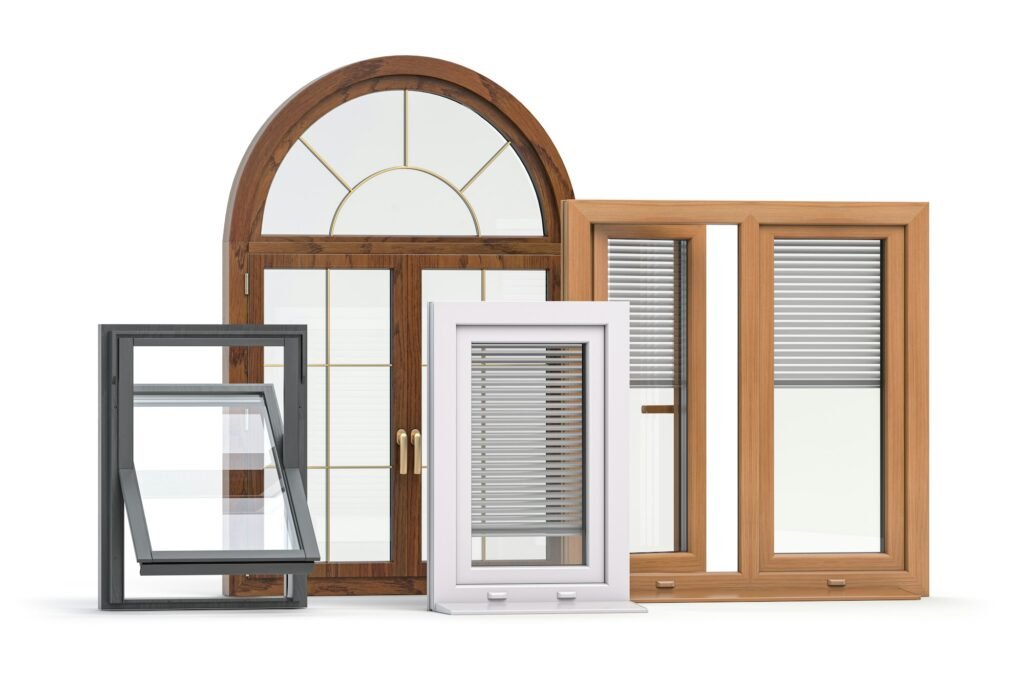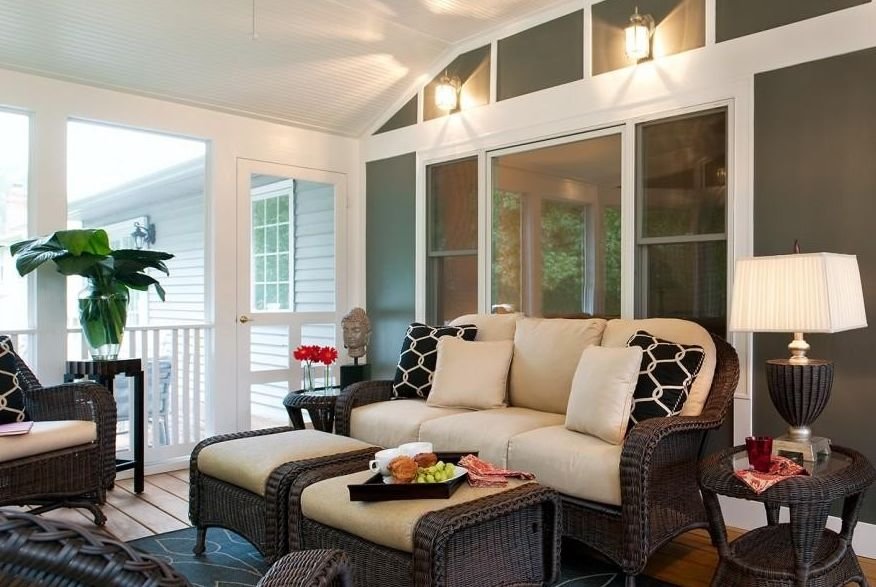Introduction
When it comes to choosing windows for your home or office, one critical factor to consider is soundproofing. Windows are a significant point of entry for external noise, and selecting the right type can make a substantial difference in creating a quiet indoor environment. In this article, we will explore the soundproofing qualities of casement windows versus sliding windows from a professional perspective, helping you make an informed decision. Generally, casement windows are better than sliding windows in this respect.

What Are Casement Windows?
Definition:
- Casement windows are hinged at the side and open outward or inward, similar to a door. They are usually operated with a crank or lever.
Design Features:
- Single or double sash designs.
- Can be fully opened for maximum ventilation.
- Often equipped with weather-tight seals.
What Are Sliding Windows?
Definition:
- Sliding windows consist of two or more sashes that slide horizontally along a track. One sash is typically fixed, while the other(s) can be moved.
Design Features:
- Single or double slider options.
- Operate by sliding horizontally, parallel to the wall.
- Typically have interlocking sashes with weather stripping.
Soundproofing Considerations

Noise Transmission:
- Sound travels through air and solid materials. The effectiveness of a window in blocking sound depends on its materials, design, and the quality of installation.
Sound Transmission Class (STC):
- The STC rating measures how well a building element, such as a window, attenuates airborne sound. Higher STC ratings indicate better soundproofing.
Soundproofing Qualities of Casement Windows
- Tight Seals:
- Casement windows are known for their tight seals when closed. The compression seal around the sash provides an airtight barrier, which is effective in reducing noise transmission.
2. Single Pane and Multi-pane Options:
- Casement windows can be equipped with double or triple glazing, which significantly enhances their soundproofing capabilities. The air or gas-filled spaces between the panes act as an additional barrier to sound.
3. Materials
- The frame materials, such as uPVC, wood, or aluminum with thermal breaks, can influence the window’s soundproofing efficiency. Heavier and denser materials generally provide better sound insulation.
4. Locking Mechanism:
- The multi-point locking systems of casement windows not only enhance security but also ensure that the window is pulled tightly against the weather seals, further reducing sound penetration.
Soundproofing Qualities of Sliding Windows

- Interlocking Sashes:
- Sliding windows feature interlocking sashes that meet in the middle. This design, along with weather stripping, helps to reduce noise ingress but is not as airtight as the compression seals in casement windows.
2. Double or Triple Glazing:
- Like casement windows, sliding windows can also be fitted with double or triple glazing. However, due to the design, achieving a perfect seal is more challenging.
3. Frame Materials:
- The soundproofing effectiveness of sliding windows is also influenced by the frame material. uPVC and aluminum with thermal breaks are common choices that help to improve sound insulation.
4. Ease of Use:
- While sliding windows are easier to operate and may require less maintenance, their design inherently includes more gaps where sound can potentially enter.
Comparing Soundproofing Effectiveness
Seal and Closure:
- Casement windows have a distinct advantage in terms of soundproofing due to their compression seals and tighter closure when locked. The entire sash presses against the frame, creating an effective barrier to noise.
Glazing Options:
- Both window types can be enhanced with double or triple glazing. However, the effectiveness of these upgrades is more pronounced in casement windows because of their superior sealing mechanism.
Frame and Installation:
- Proper installation is crucial for both types of windows to achieve optimal soundproofing. Poor installation can leave gaps that compromise the window’s ability to block sound. Casement windows, with their simpler opening mechanism, generally have fewer potential gaps than sliding windows.
Practical Considerations:
- In high-noise environments, such as urban areas or near busy roads, the superior sealing properties of casement windows make them a better choice for soundproofing. Sliding windows, while convenient and space-saving, may not provide the same level of noise reduction due to their design.

Recommendations for Soundproofing
- Choose High-Quality Materials:
- Invest in windows with robust frames and high-quality glazing. Heavier materials like laminated glass can further improve soundproofing.
2. Double or Triple Glazing:
- Opt for double or triple-glazed windows with inert gas fillings between the panes. This setup is effective in blocking a wider range of sound frequencies.
3. Professional Installation:
- Ensure that windows are installed by professionals who can guarantee a precise fit and proper sealing. Any gaps or poor fitting will significantly reduce the window’s effectiveness in blocking sound.
4. Additional Soundproofing Measures:
- Consider using soundproof curtains or adding acoustic panels inside the room for extra noise reduction. These measures can complement the soundproofing provided by the windows.
Conclusion
In conclusion, while both casement and sliding windows can be designed to offer soundproofing benefits, casement windows generally outperform sliding windows in this regard. The tight seals, effective locking mechanisms, and potential for better insulation make casement windows the preferred choice for those seeking maximum noise reduction. Sliding windows, on the other hand, provide other benefits like ease of use and a modern look but may not offer the same level of sound insulation due to their design.
When choosing windows for soundproofing, it’s essential to consider not just the type of window but also the quality of materials, glazing options, and installation practices. For environments where noise reduction is a priority, casement windows with high-quality glazing and professional installation will provide the best results.
